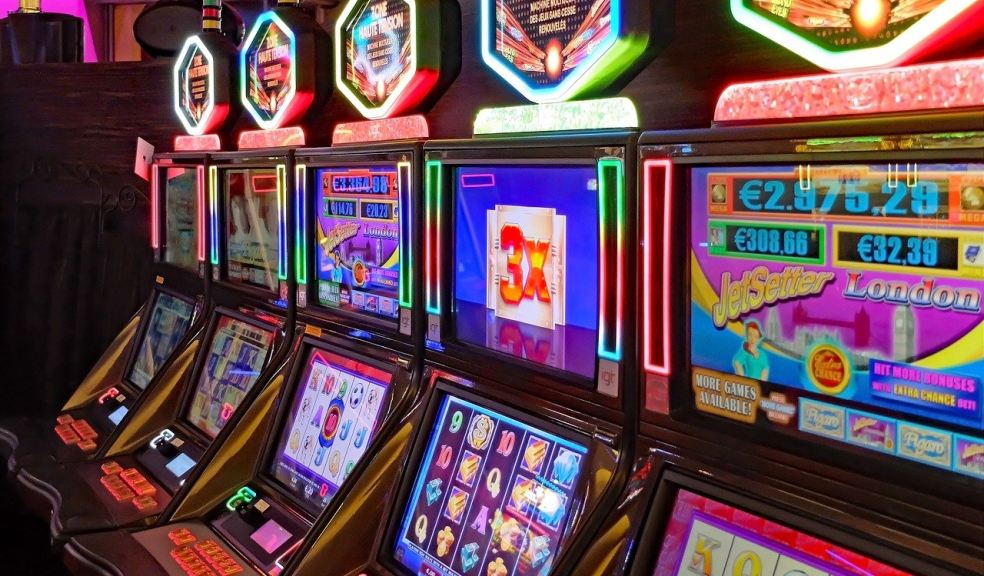Slot games, often referred to as slot machines or simply slots, have long been a staple in the world of gambling and entertainment slot qris. From their humble mechanical beginnings to the dazzling digital experiences of today, slot games have evolved into a diverse and captivating form of gaming. Let’s delve into the fascinating world of slot games, exploring their history, mechanics, and the reasons behind their enduring popularity.
A Brief History of Slot Games
The history of slot games dates back to the late 19th century when the first mechanical slot machine was invented by Charles Fey in 1895. Fey’s Liberty Bell machine, with its three spinning reels and five symbols (diamonds, spades, hearts, horseshoes, and the Liberty Bell), marked the beginning of the slot game era. This machine was a massive success and laid the foundation for the modern slot machine.
Over the decades, slot machines evolved from mechanical devices to electromechanical ones and then to fully electronic machines powered by microprocessors. The introduction of video slots in the 1970s marked a significant leap forward, allowing for more complex game mechanics, multiple paylines, and bonus features.
How Slot Games Work
Modern slot games operate on a random number generator (RNG) software, ensuring that each spin is independent and fair. The RNG generates thousands of numbers per second, and when you hit the “spin” button, it stops at a specific number, determining the outcome of the spin. This ensures that the results are completely random and not influenced by previous spins.
Slot games typically feature reels (usually three or five), symbols, and paylines. The player wins by matching symbols across a payline – a line that runs across the reels from left to right. The payout amount depends on the value of the symbols and the number of matching symbols on a payline.
Types of Slot Games
Slot games come in various themes and styles, catering to a wide range of preferences. Some popular types include:
- Classic Slots: These are reminiscent of the original mechanical slot machines, featuring traditional symbols like fruits, bars, and sevens.
- Video Slots: These are more advanced and feature high-definition graphics, animated symbols, and intricate bonus rounds. They often incorporate popular themes such as movies, TV shows, and mythology.
- Progressive Jackpot Slots: These are a type of slot game where the jackpot increases each time the game is played but the jackpot is not won. When the progressive jackpot is won, the jackpot for the next play is reset to a predetermined value, and resumes increasing under the same rule.
- 3D Slots: These are video slots that use 3D graphics and animations to create an immersive gaming experience.
Why Slot Games Are Popular
There are several reasons why slot games remain immensely popular:
- Accessibility: Slot games are easy to play and require no skill or strategy, making them accessible to players of all levels.
- Variety: With thousands of different slot games available, there is something to suit every taste and preference.
- Entertainment Value: Slot games often feature engaging themes, stunning visuals, and sound effects that create an immersive and entertaining experience.
- Potential for Big Wins: While the odds of hitting a jackpot are low, the potential for a big win adds excitement and thrill to the game.
Conclusion
In conclusion, slot games have come a long way since their inception in the late 19th century. What started as a simple mechanical device has evolved into a sophisticated form of entertainment, blending cutting-edge technology with engaging gameplay.
